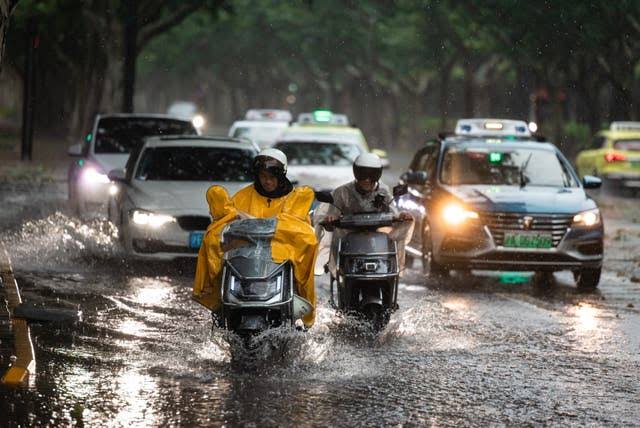An international study involving people from 11 countries has shown that most people, including those in areas most affected by climate change, don’t understand the term “climate justice.”
However, they do recognize the social, historical, and economic injustices that characterize the climate crisis. The findings could help shape more effective communications and advocacy.
Researchers from the Univeristy of Nottingham’s School of Psychology led a study that surveyed 5,627 adults in 11 countries (Australia, Brazil, Germany, India, Japan, Netherlands, Nigeria, Philippines, United Arab Emirates, United Kingdom, and United States) to assess familiarity with the concept of climate justice. This is the first study to examine public understanding of climate change outside of Europe and North America. The research has been published in Nature Climate Change.
The findings demonstrate that basic recognition of the social, historical, and economic injustices that characterize the climate crisis is common around the world, even if people do not consciously connect this understanding with the concept of climate justice.
The researchers found that two-thirds of people in these countries had never heard of climate justice. The majority of people surveyed were supportive of climate justice-related beliefs, including the notions that poorer people suffer worse impacts from climate change (78% agreement), people from the worst-affected communities should have more of a say in decisions concerning climate change (78%), and that capitalism and colonialism are underpinning elements of the climate crisis (70%).
Endorsement of these climate justice-related beliefs was also positively associated with engagement in climate actions and support for just climate policies.
Climate justice broadly encompasses recognition that:-
- Climate change impacts are unequally felt across society
- The worst affected groups often have the least say in the selection and implementation of societal responses to climate change.
- Climate change-related policymaking processes often fail to recognize the legitimate interests of politically voiceless communities, consequently contributing to further disenfranchisement of marginalized groups.
It is a framework that enables those involved in policymaking to identify and tackle the multiple different ways in which the climate crisis intersects with longstanding patterns of social injustice.
Dr. Charles Ogunbode, Assistant Professor in Applied Psychology at the University of Nottingham led the research. He said, “Taking account of climate justice as we respond to a changing climate is key to orientating our societies towards solutions that are fair and equitable. It is ironic that research tends to be limited to what people in more affluent regions believe about climate change and climate justice.
Citizens of frontline i.e. climate-vulnerable countries, are largely confined to being the subjects of climate discourse, as opposed to active participants. The unbalanced discourse matches the inequalities that characterize climate change itself.”
“By revealing the wide endorsement of climate justice principles around the world, we hope that climate advocates will leverage our research to further pressurize policymakers and leaders to enact just responses to the climate crisis.”

